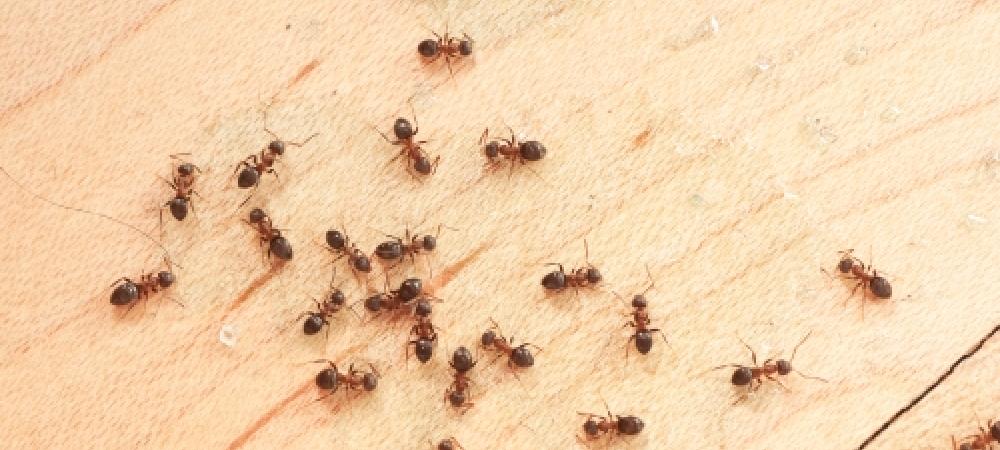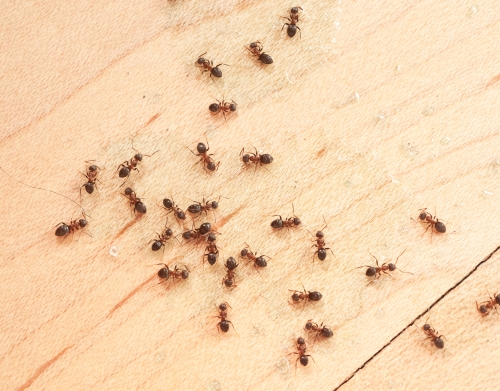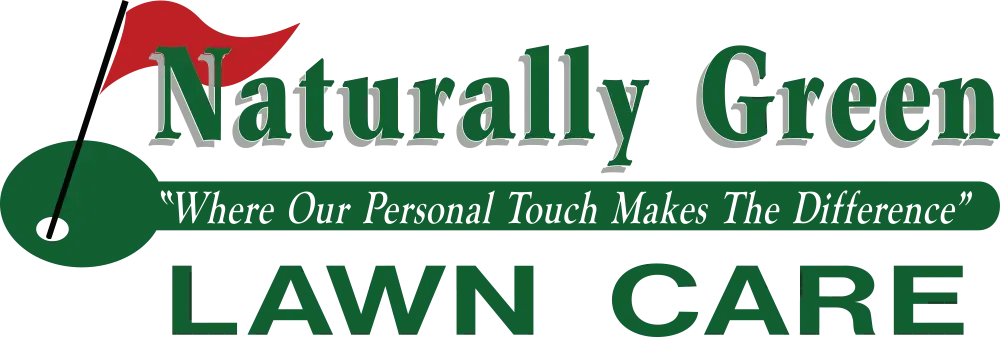BENEFITS OF INTEGRATED PEST MANAGEMENT

You don't like dealing with pests in your yard but are apprehensive about using insecticide. Does this sound familiar? If so, there's a solution: integrated pest management. This option provides a middle-of-the-road approach between putting up with pests and an all-chemical spray. Using biological, cultural, and physical tools, integrated pest management allows you to take back control of your yard using the fewest chemicals possible.
WHAT IS INTEGRATED PEST MANAGEMENT
IPM is used to control pests when their numbers exceed acceptable levels. Measures are taken to limit the targeted pest(s) while limiting the impact on other organisms and the environment. According to the IPM Institute of North America, the definition of integrated pest management is "a sustainable, science-based, decision-making process that combines biological, cultural, physical and chemical tools to identify, manage, and reduce risk from pests and pest management tools and strategies in a way that minimizes overall economic, health and environmental risks."
SOME KEY COMPONENTS OF A SOLID IPM PLAN INCLUDE:
Initial Inspection: Your pest control technicians will assess your home and landscaping to point out hot spots where pests gather. Hot spots could include things like food and water sources for the insects.
Continued monitoring: Once target areas are established, your technician will keep track of insects' presence and how abundant they are in your yard.
Future recommendations: Your technician can recommend ways to discourage pest infestations. For instance, keeping an eye out for standing water will reduce the number of mosquitoes in your yard.
Low-Risk Alternatives: With IPM, pesticides are only used when absolutely necessary. Non-chemical methods will be employed first.
INTEGRATED PEST MANAGEMENT BENEFITS

In past decades, pesticides were used indiscriminately, with little regard to the environmental impacts. Rachel Carson's book "Silent Spring" discussed the detrimental effects in great detail. Since then, we have learned how to control pests without wreaking havoc on other animals in nature. This is the reigning concept behind integrated pest management.
BESIDES THE MOST OBVIOUS BENEFIT OF LESS ENVIRONMENTAL IMPACT, THERE ARE MANY OTHER BENEFITS TO THIS PEST CONTROL METHOD.
- Traditional pesticides are only used as a last resort. These include baits, gels, and dust.
- This is a great option for families with pets or children because any pesticides used will be applied in a way that limits exposure.
- IPM strategies can be used in conjunction with organic programs
- IPM is more flexible and dynamic than traditional pest control methods
- Reduces strain and risk on the local environment through the use of more benign control methods
- Decreases air and groundwater contamination
- Reduces build-up of pesticide residue
- IPM reduces the presence of pests like cockroaches, which can cause severe asthma and allergies, especially among children
TRUST NATURALLY GREEN LAWN CARE TO DELIVER INTEGRATED PEST MANAGEMENT
Integrated pest management methods offer a more holistic, organic approach to lawn care. Trust the experts at Naturally Green Lawn Care! We'll assess your unique situation and create a plan that incorporates other pest control options besides insecticides. For more tips on lawn care and pest control, be sure to check out our blog. Our Facebook, Twitter, and Pinterest pages display the latest deals and offerings, so don't get to follow us on social as well!
